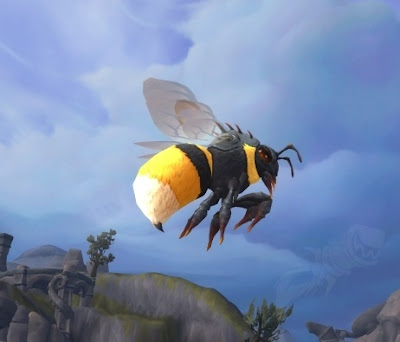Pilgrims travel for spiritual reasons in a search to find meaning and purpose in their lives and to return spiritually rejuvenated. There are special destinations that by their nature help trigger this transformation.
"Holy places are undoubtedly centres of the outpouring of Divine grace, because on entering … and by observing reverence, both physical and spiritual, one's heart is moved with great tenderness."
Bahá’u’lláh
In order to experience this tenderness, there are things to avoid such as hypocrisy, pride or self-preoccupation. Using valuable energy hiding the very worst of oneself is a waste of time in these special places. Pretence, prevarication or performance have no place here. True pilgrimage is facing up to what you are, warts and all, and being honest as you walk this path through life.
The other thing that can distract you from this spiritual journey is focussing on the faults of those around you. C.S. Lewis in his Screwtape Letters (Letters from a senior devil to a junior devil) gave a wonderful description of how this works as he advises the junior devil to merely focus the attention of a new member of the church’s congregation on those around him and how effective this is at distancing him from his spiritual path.
“When he gets to his pew and looks round him he sees just that selection of his neighbours whom he has hitherto avoided … Provided that any of those neighbours sing out of tune, or have boots that squeak, or double chins, or odd clothes, the patient will quite easily believe that their religion must therefore be somehow ridiculous.”
C.S. Lewis
Too often the focus strays onto ourselves or others instead of the inspiration we seek. On this spiritual journey, clarity or insights can suddenly bubble up. During this pilgrimage, you sense that God knows you better than you know yourself. Gradually a new you is uncovered as veils are removed between you and your own heart. You lean into God’s mercy and compassion and solace can come more easily.
You may cry, beg or bring your deepest wishes. It helps to listen in heart-stopping silences to leave space for the guidance that may come unexpectedly. Leave it safely in His hands. Trust that only He knows the best path for you. However, be aware, that this spiritual path is often full of a heady mix of emotions and experiences.
"This is the pilgrimage of joy, ecstasies, sorrows, shames, repentances and reformations that storm through one's being."
William Sears
If the answer to a desire you expressed turns out to be a resounding NO! accept that. Rest your head on this threshold, bring all of you and leave it here. Confident that perhaps not what you want but what you need will follow. You are refreshed by feelings of gratitude for all the bounties that you already have been given in abundance. Thankful for every precious soul you have ever encountered who shared your life and helped you become you. In fact, helping others, especially those suffering or in need is a special kind of pilgrimage of its own.
"Of all pilgrimages the greatest is to relieve the sorrow-laden heart."
‘Abdu’l-Bahá
The hope that faith engenders on pilgrimage springs from the water of life, that potent elixir of transformation. Where there seems only mud, soil and dirt a seed is hidden. From deep within, a glorious flower springs up in this rejuvenating light, quivering into bloom. Weeping its dew in the early morning sun. Tears are common on this spiritual journey.
We must walk on this path towards the loved One, never despairing how far we have to go but steadfast in our desire to progress out of the darkness into the light. We, the generation of the half-light, need to make that choice and take that step.
“… step out of the darkness into the light and onto this far-extended Path of Truth.”
The Báb
PS I find it heartening that C.S. Lewis’ Screwtape Letters were dedicated to his dear friend Tolkien (author of Lord of the Rings, The Hobbit etc).

















